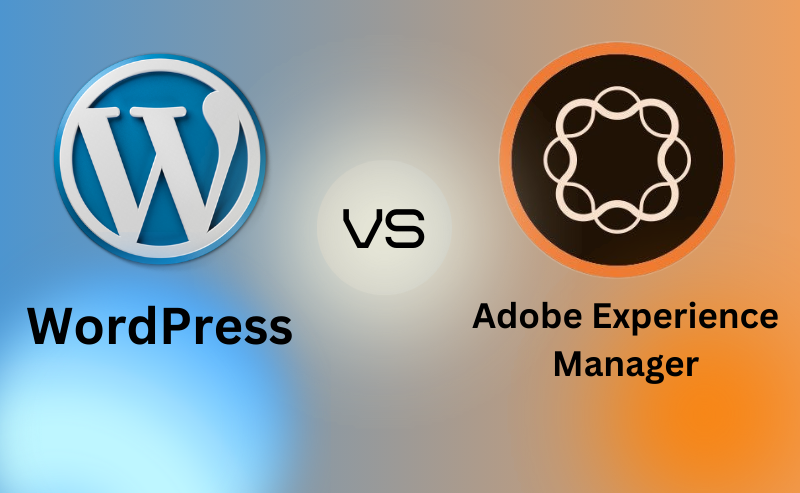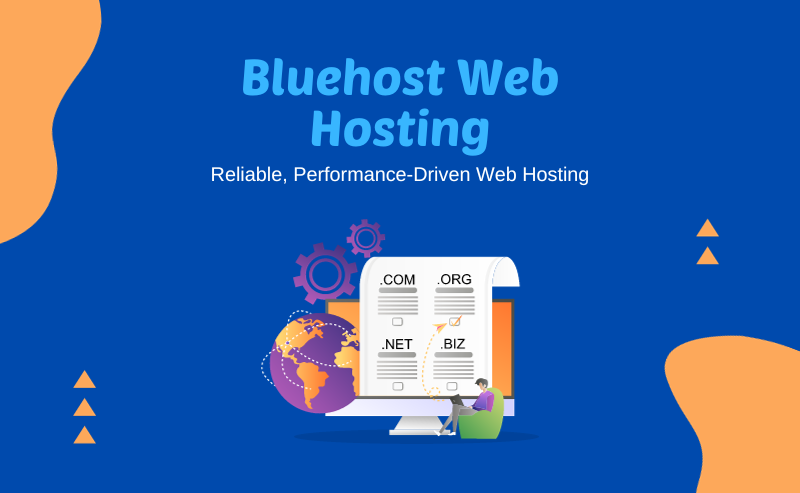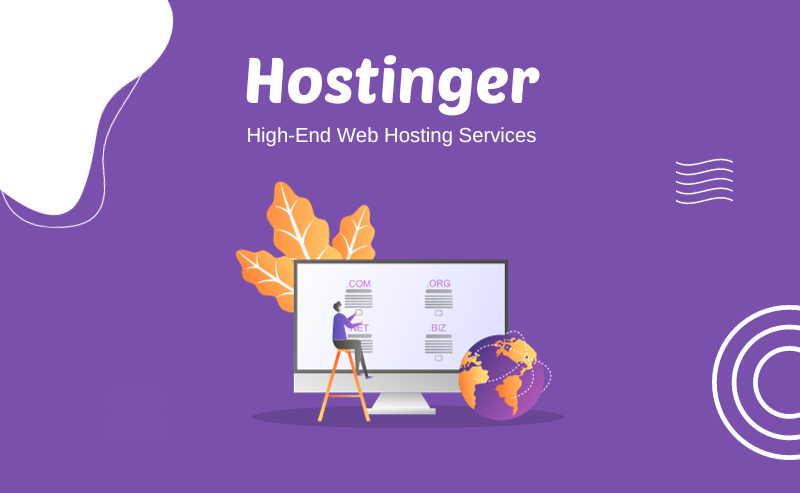If you’re looking for a beginner-friendly content management system, our comparison of Joomla vs WordPress vs Drupal shows that WordPress is the best choice. It features a user-friendly interface and extensive plugin support. Joomla strikes a balance between user-friendliness and customization, while Drupal offers high customization but has a steeper learning curve.
In terms of cost, Joomla, WordPress, and Drupal can all vary. Consider factors such as hosting fees and additional plugins or themes. WordPress offers premium themes and plugins, while Joomla and Drupal offer more free add-ons.
Although all three CMS platforms are equipped with built-in security features, additional measures may be required. Regularly updating your CMS and plugins, using strong passwords, and implementing other security measures are important for website safety.
Joomla offers more scalability and flexibility, but it requires an in-depth understanding of the platform. In addition to its scalability and ease of use, WordPress makes for an excellent e-commerce platform.
As a result, the choice between Joomla, WordPress, and Drupal comes down to your proficiency level and the needs of your website. Consider factors such as user-friendliness, cost, security, scalability, and desired features. Moreover, you should consider dependable hosting providers that are compatible with your chosen content management system, such as A2 Hosting or Bluehost.
Table of Contents
Joomla vs WordPress vs Drupal: What Are The Main Differences in Terms of User-Friendliness?
In terms of user-friendliness, WordPress is the most user-friendly option among Joomla, WordPress, and Drupal. It has a straightforward interface and easy navigation, making it easy for anyone to use. WordPress offers a wide range of themes and plugins that allow users to customize their websites without having to know coding.
Drupal, however, is more suitable for experienced developers due to its complexity. It offers advanced customization options and powerful security features. Nevertheless, its complicated interface may be overwhelming for those who are just starting out.
Joomla ranks somewhere between WordPress and Drupal in terms of its user-friendliness. Although it provides more flexibility than WordPress, it requires a lot more learning.
Your website’s specific needs, as well as your technical proficiency, affect your choice of Joomla vs WordPress vs Drupal.
Joomla vs WordPress vs Drupal: How Does The Cost of Running a Website Compare?
Depending on your needs and preferences, Joomla, WordPress, and Drupal can cost you differently. While every platform offers a free content management system (CMS), premium templates, extensions, and hosting may result in additional costs.
Joomla is a free and open-source content management system, but you may need to purchase paid templates, extensions, and hosting services to enhance the functionality and appearance of your site. You can find Joomla pricing here.
WordPress provides a free CMS as well, although you may need to invest in themes, plugins, and hosting services. You may be able to get these additional features for free or for a premium price, depending on your needs. Check out WordPress’ pricing plans here.
You can also use Drupal for free, but you will need to pay for hosting, themes, modules, or even custom development to meet your needs. Drupal’s pricing is available here.
Research and compare the costs of these platforms according to your specific requirements to determine the best fit for your budget. Furthermore, consider hosting options such as Bluehost or A2 Hosting, as they offer reliable and affordable solutions for website hosting.
To find the best fit for your budget, you need to analyze your specific needs and compare the costs of additional features and hosting services when considering the cost of running a website on Joomla vs WordPress vs Drupal.
Joomla vs WordPress vs Drupal: What Kind of Security Features Are Included?
Joomla, WordPress, and Drupal, well-known content management systems (CMS), offer various security features to protect websites from potential threats. Let’s take a closer look at the security features included in each platform:
Joomla:
- An extra layer of security is added by two-factor authentication, which requires users to provide an additional authentication method.
- A built-in security extension detects vulnerabilities and provides real-time protection against attacks.
WordPress:
- Automatic updates ensure websites are running the latest, most secure version.
- User role management allows you to assign specific permissions to different users, reducing the risk of unauthorized access.
- A large plugin library includes security plugins such as Sucuri, Wordfence, and iThemes Security, enhancing website security.
Drupal:
- Granular permission systems enable administrators to assign specific access levels for users, preventing unauthorized website changes.
- All activities on the site are recorded by a comprehensive logging system, making it easier to track and investigate potential security breaches.
- Security vulnerabilities are constantly monitored and patched by a dedicated team of security experts.
While Joomla vs WordPress vs Drupal offer various security features, it is important to remember that no system is entirely immune to attacks. Your website’s security can be further enhanced by implementing additional security measures, such as using strong passwords, regularly backing up your website, and choosing a secure hosting provider.
Joomla vs WordPress vs Drupal: How Do They Compare in Terms of Scalability and Flexibility?
When comparing Joomla, WordPress, and Drupal based on scalability and flexibility, there are a few key differences to consider:
WordPress:
WordPress is an excellent choice for small to medium-sized websites due to its user-friendly interface and plug-in framework. As a result of its high scalability and flexibility, it enables users to easily add new functionality and features as their needs change.
Joomla:
When compared to WordPress, Joomla offers more advanced features out of the box because of its robustness and ability to handle complex content structures. If you need a website that meets specific requirements or has a large audience, it is a good choice. Although Joomla may require more technical expertise, it offers more customization and control.
Drupal:
Drupal is characterized by scalability and flexibility, making it an excellent choice for large and complex websites. As a result of its highly modular architecture, users can build custom content types, workflows, and access controls. Drupal, however, is more challenging to learn and manage than WordPress and Joomla.
Ultimately, the choice between Joomla vs WordPress vs Drupal depends on your specific needs and technical expertise. You can ensure optimal performance and support for your chosen CMS platform by choosing hosting solutions like Bluehost or A2 Hosting.
Joomla vs WordPress vs Drupal: Which Is Most Suitable for E-Commerce Websites and Why?
WordPress is the best choice among Joomla, WordPress, and Drupal for an e-commerce site. There are many e-commerce plugins available for WordPress, such as WooCommerce, which make it easy to setup a fully functional online store. WordPress offers an intuitive user interface and a wide range of customization options that enable you to create a professional and visually appealing e-commerce website.
Moreover, WordPress has a large community of developers and resources, making finding support and troubleshooting solutions easier. Also, it offers a variety of themes and templates designed specifically for e-commerce, so you can create a unique and attractive online store.
While Joomla and Drupal also offer e-commerce capabilities, WordPress stands out in the Joomla vs WordPress vs Drupal comparison for its user-friendliness, extensive plugin options, and overall simplicity in setting up and managing an e-commerce website. To ensure optimal performance and security for your WordPress e-commerce site, consider partnering with reliable web hosting providers like Bluehost or A2 Hosting.
Joomla vs WordPress vs Drupal: Which CMS Wins for User-Friendliness, Cost, Security, and Scalability?
Each of these content management systems comes with its unique strengths and capabilities, catering to different needs and varying user skill levels. In the debate of Joomla vs WordPress vs Drupal, WordPress emerges as the go-to platform for beginners and those seeking ease of use, particularly for e-commerce ventures due to its vast array of plugins like WooCommerce.
Joomla offers a middle ground with more advanced capabilities, suitable for users looking for something more robust than WordPress but less complex than Drupal.
Meanwhile, Drupal stands out for large-scale, complex websites requiring extensive customization and scalability, but it demands a higher level of technical expertise.
You should ultimately consider factors such as user-friendliness, cost implications, security features, scalability, flexibility, as well as the type of website you intend to build when choosing a CMS. To ensure compatibility and optimal performance, you should also consider corresponding hosting solutions like Bluehost or A2 Hosting.
Comparing Joomla, WordPress, and Drupal does not mean finding the best universally applicable system, but rather determining which CMS best suits your specific needs and your technical expertise.
Find out more about the differences between Joomla and WordPress in our comparison here




